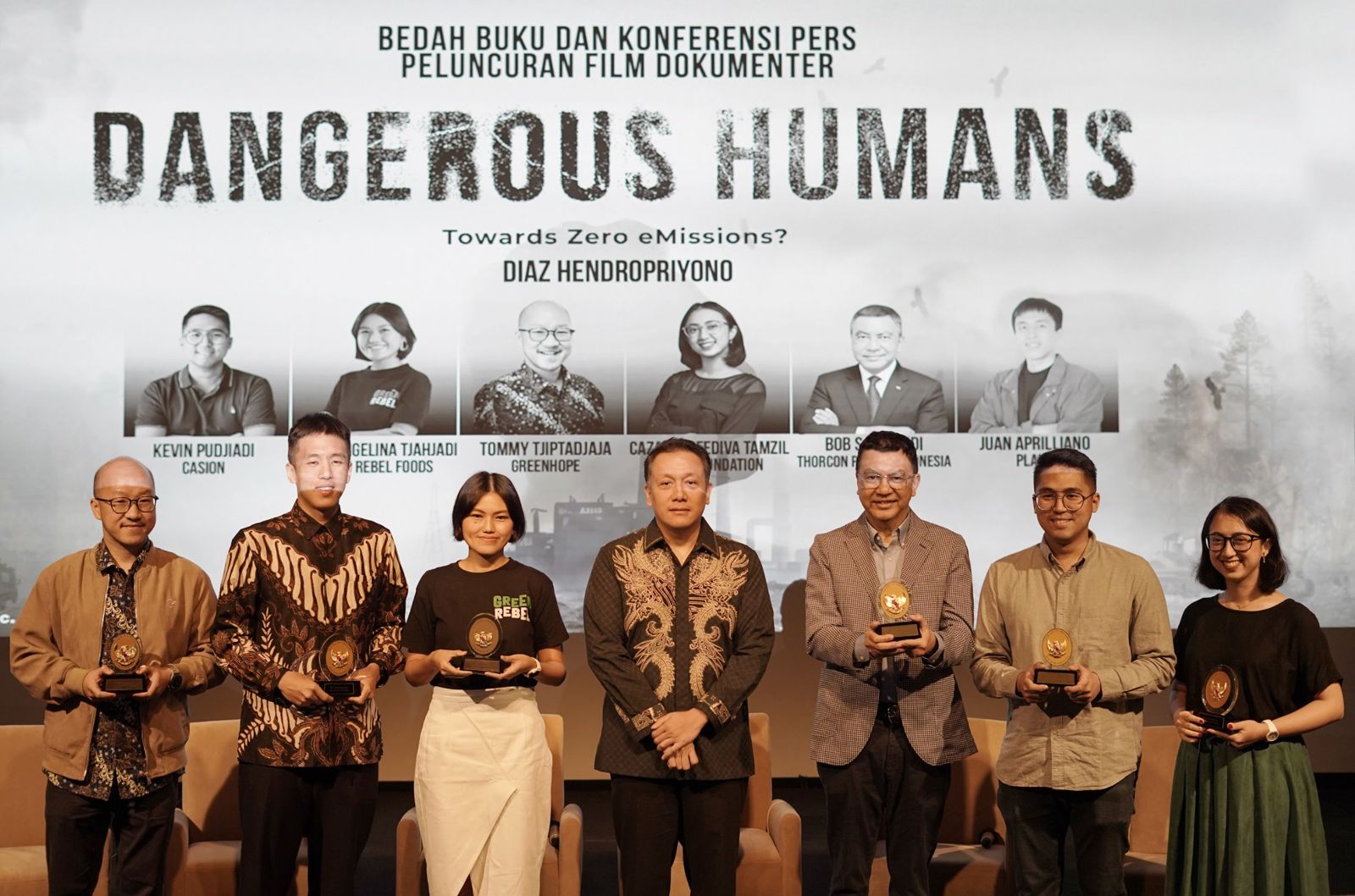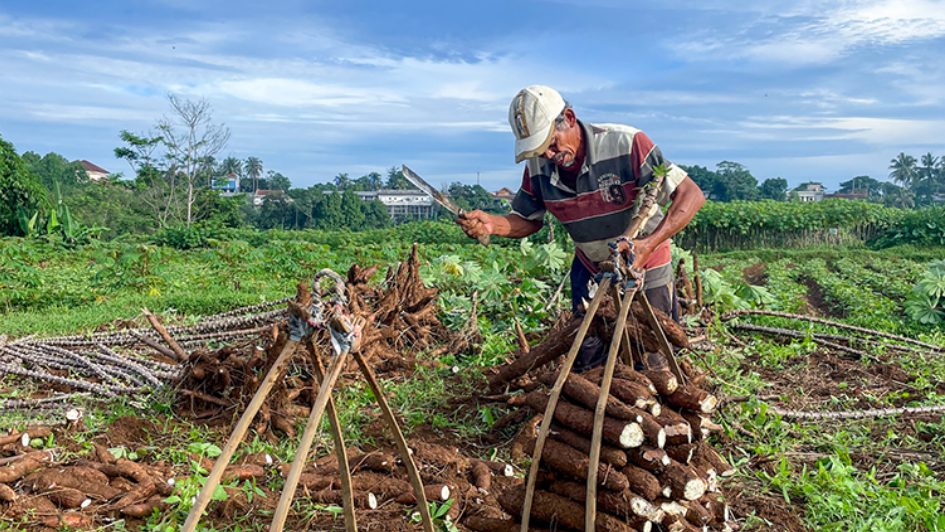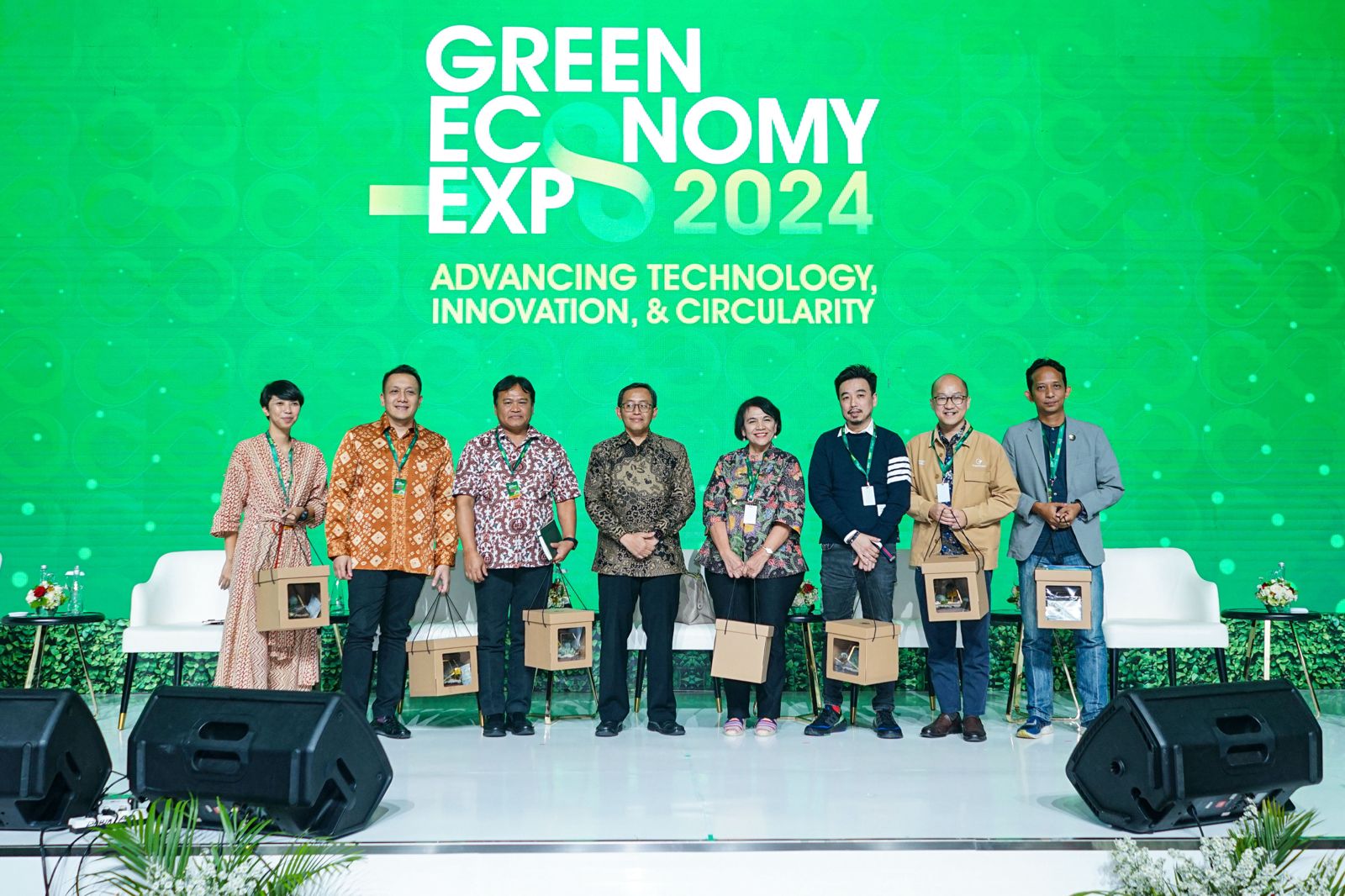Greenhope CEO Responds to Various Plastic Ban Regulations in Indonesia
Saturday, 19 January 2019Jakarta, 8 January 2018 - Greenhope as a pioneer producer of environmentally friendly biodegradable technology made by 100% Indonesian sons who have been internationally tested and patented both in America and Singapore, with its two brands, Ecoplas (plastic made from cassava) and Oxium (conventional plastic degradation additive), understands very well how regulations regarding the prohibition of the use of plastic are now quite disturbing various circles. The industry is currently confused about what steps should be taken, the wider community is also confused about the alternatives to plastic that can be used and are available in the market. The environmentally friendly plastics industry is also confused by the various bans that appear in various regions and are not harmonised, because each region suddenly becomes a ‘plastic expert’, ‘technology expert’, ‘test expert’, etc. and defines their own environmentally friendly standards. And define their own eco-friendly standards. You can imagine the impact on the Unitary State of the Republic of Indonesia, on businesses, the wheels of the economy, standard operating procedures (SOP2) that cross regions, can all be stuck.
In response, the CEO of Greenhope (PT Harapan Interaksi Swadaya), Mr Tommy Tjiptadjaja, stated that he actually appreciated the steps taken by various parties in tackling the current plastic waste crisis because it was very much in line with Greenhope's mission to make society's production and consumption more sustainable (United Nation Sustainable Development Goal No. 12). He is also very grateful to various parties who have consistently migrated from conventional plastics to environmentally friendly plastics, especially Ecoplas and Oxium. Indeed, the dynamics of the plastic world are currently very turbulent, transitioning from conventional plastics to various forms of Reduce, Reuse, Recycle, and Return to Earth (dealing with the end of life of the waste). Each ‘R’ is important so that the impact is real, significant, and unified. So it is not surprising that this has caused confusion in various circles, not only the industry in general, ordinary people, and even the environmentally friendly plastic industry itself.
However, he believes that users of Ecoplas and Oxium technology are actually on the right track. In the future, this technology will be a very relevant and sustainable solution based on the following points:
- Presidential Regulation 83 of 2018 signed by the President of Indonesia, Mr Joko Widodo. He formed a team coordinated and chaired by the Minister of Coordinating Ministry for Maritime Affairs and the daily chairman of the Minister of Environment and Forestry, giving a mandate to immediately solve the problem of plastic waste entering the sea. The team oversees initiatives from 16 ministries with one of the focuses being the increase of degradable and recycled industries. The government is mandated to increase and support these industries both upstream and downstream. So these industries must be encouraged to grow both at the technology level and at the finished goods level.
- The Ministry of Environment and Forestry of the Republic of Indonesia itself has actually ratified the SNI Ecolabel Type 1 7188.7:2016 and Ecolabel Type 2 Self-declaration standards for Ecoplas and Oxium, through a very long and relevant process involving various credible parties such as LIPI, biodegradable patent holder doctors who graduated from Japan or who studied scholarships in Japan, as well as various independent parties. Overall, each party has reviewed the two technologies with relevant international standards and stated that Ecoplas and Oxium have passed the test.
- The technologies that have passed the domestic test such as Ecoplas, Oxium, and there are also other technologies that have also passed, each of which has passed various intensive, comprehensive international standard technical tests, such as ASTM 6954, ASTM 6866, ASTM 5208, ASTM G21, BPOM, FDA, Japan, etc. standard migration tests. etc. So all these tests are very serious, tested and proven.
"In our view, we believe there will be synchronisation of policies between the regions and the centre. Because the policies that are currently published have different definitions of environmentally friendly and are not holistic. The translation of a holistic definition of environmentally friendly should look at various supporting aspects, such as life cycle analysis, then energy consumption, even the biodegradability aspect also needs to be reviewed. Degradability must also be assessed with the right tests and tools with the right international testing standards, not just tests on the streets by laymen. Microplastic analysis can only be done with the correct test standards and tools. We invite you to be greener together but don't overreact," he explained.
"For this reason, our friends are on the right track, with the right intention, with the right legal basis, so that if there are parties who are still confused, they can be explained with these statements. Maybe in the short term there is still confusion, but we are sure that in the end common sense, the principle of caution, the standards of the Unitary State so that the wheels of the economy across regions continue to run, will win. We all need to improve our waste management, improve people's behaviour, reduce the use of plastic (Reduce), reuse bottles (Reuse), increase recycling (Recycle), and make plastic more biodegradable (Return to Earth). If everything is done in unison and does not overlap, hopefully we will together achieve a greener but also prosperous Indonesia," he concluded.



